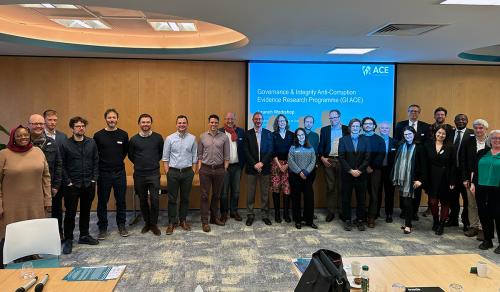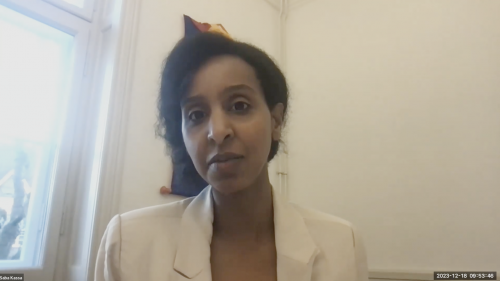Does e-government have an impact in reducing corruption?
E-government generally refers to the use of information and communication technologies to transform relations between citizens, businesses and various branches of government, and includes for example; e-procurement, e-customs, e-tax filing and e-sourcing.
By reducing personal contacts between companies and government officials the scope for arbitrary decision-making, bureaucratic delays and the attendant opportunities for bribery are theoretically diminished. In a report on New perspectives in e-government and the prevention of corruption to be published soon, the Basel Institute explores this issue from a private sector perspective and for private sector actors who are interested in a more comprehensive understanding of the scope and examples of e-government solutions to improve their anti-corruption policies. It concludes with numerous recommendations not only for the private sector but also for governments.
This report presents the results of an anonymous web survey conducted by the Basel Institute in early 2017 and supported by GSK and Deloitte. It ascertains the extent to which companies are aware of, and use, e-government tools and digital solutions and to solicit their views and experiences regarding the effects of such tools on bribery.
Join us for the presentation of the findings from the survey: 7 November 2017, Vienna, Austria: Conference of State Parties to the UN Convention against Corruption; Thematic Session on the role of the private sector in fighting corruption through innovative solutions, including collective action and e-government



